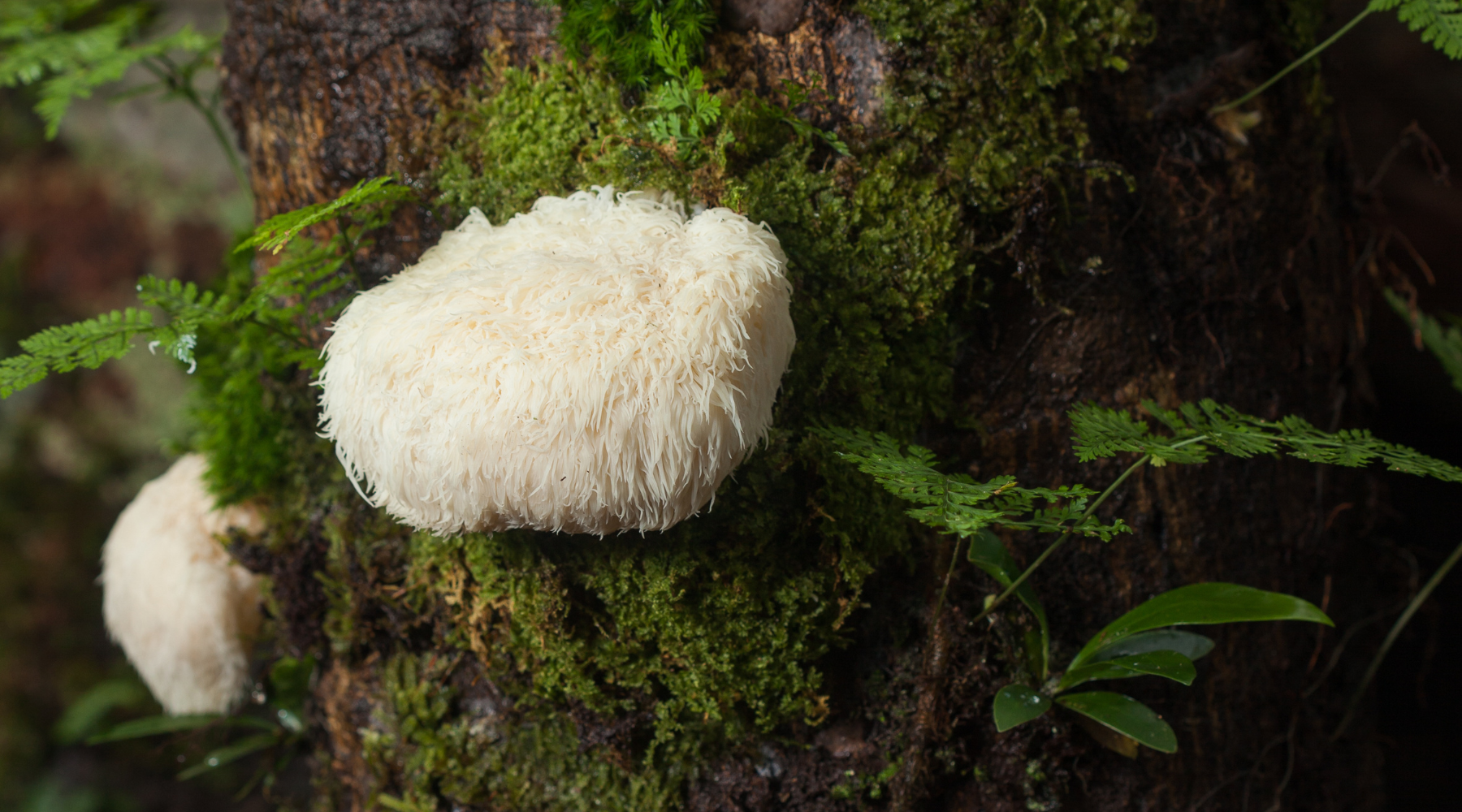
10 Things You Didn't Know About Lion's Mane
Lion's Mane, or Hericium Erinaceus, the brain-boosting, gourmet mushroom with an appearance reminiscent of a cascading waterfall of icicles, has been capturing the curiosity of health enthusiasts and foodies alike. Beyond its striking looks and seafood-like taste, this remarkable mushroom harbors a wealth of secrets. In this article, we delve into the fascinating world of Lion's Mane and uncover 10 things you probably didn't know about it.
-
Natural Nootropic
Lion's Mane is often celebrated for its potential as a natural nootropic. Research suggests that it may support cognitive functions such as memory, focus, and mental clarity. Some even call it the "smart mushroom."
-
Culinary Delight
Although it's known for its potential health benefits, Lion's Mane is also a culinary delight. When cooked, it has a taste reminiscent of crab or lobster, making it a popular choice in gourmet dishes and vegetarian alternatives to seafood.
-
Scientific Name - Hericium Erinaceus
Its scientific name, Hericium erinaceus, might sound complex, but it's simply a nod to its hedgehog-like appearance, as "erinaceus" is Latin for hedgehog.
-
Natural Neuroprotector
Lion's Mane contains compounds called hericenones and erinacines, which are believed to stimulate the production of nerve growth factor (NGF). NGF plays a crucial role in the maintenance and survival of nerve cells, making Lion's Mane a potential natural neuroprotector.
-
Ancient Traditional Medicine
Lion's Mane has been a staple in traditional Chinese and Japanese medicine for centuries. It was often used to treat digestive disorders and as a general health tonic.
-
Gut-Brain Connection
This mushroom has garnered attention for its potential in supporting the gut-brain connection. Healthy gut flora is increasingly linked to improved mental well-being, and Lion's Mane's dietary fiber content may play a role in digestive health.
-
Anxiety and Depression
Early research suggests Lion's Mane may have mood-regulating properties. It could potentially help alleviate symptoms of anxiety and depression by influencing the balance of neurotransmitters like serotonin and dopamine.
-
Potential Alzheimer's Aid
While more research is needed, preliminary studies show promise in Lion's Mane's potential to manage neurodegenerative diseases like Alzheimer's and dementia. It may slow down the progression of these conditions.
-
Various Forms Available
You can enjoy the benefits of Lion's Mane in various forms, including dietary supplements, fresh or dried mushrooms for cooking, tea or coffee blends, and even delicious Lion's Mane gummies.
-
Natural Anti-Inflammatory
Chronic inflammation is a common culprit behind various health issues, including those affecting the brain. Lion's Mane has anti-inflammatory properties that may help reduce systemic inflammation, benefiting both the gut and the brain.
In conclusion, Lion's Mane is not just a captivating mushroom in terms of appearance and taste; it's a hidden gem of the natural world, offering potential benefits for your brain, gut, and overall well-being. Whether you're a culinary adventurer, a health-conscious individual, or someone seeking natural ways to boost brain function, Lion's Mane is a fascinating fungus worthy of exploration. It's a reminder that the natural world still holds many secrets waiting to be unveiled, and Lion's Mane is a prime example of the wonders that await those who seek to understand and harness its potential.


